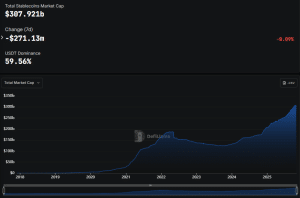Speculation as Culture
We used to build things because we believed in them. Now, we build because someone might buy them.
Speculation isn’t just a financial behavior anymore — it’s a cultural operating system. From crypto tokens to content virality to design trends, we live in a world where potential value has replaced real value. Everything is a pre-launch, a teaser, a drop. Even ideas are traded like assets, inflated with hype before they ever mature.
Web3 was supposed to decentralize ownership, but what it really decentralized was attention. We all became investors in narratives. Every creator is now a startup; every tweet is an IPO. The new capitalism isn’t about production — it’s about participation in momentum.
The problem?
Momentum doesn’t create meaning. Design has absorbed this sickness too. Products are released half-finished, optimized for FOMO instead of function. Brands trade authenticity for aesthetics that look “investable.”
And creatives — once obsessed with craft — are now caught in loops of engagement farming. It’s not “What did you make?” anymore. It’s “How many noticed before it was over?”
Speculation rewards velocity, not vision.
It turns creativity into a casino, where we keep betting on our own relevance. Even the language of art has shifted — “drops,” “floor price,” “community alpha.” We stopped talking about what something means and started asking what it’s worth.
This economy of anticipation keeps us in a constant state of almost. We’re always on the verge of the next thing — but nothing lands, nothing lingers. Attention, like capital, has become liquidity.
To create meaning again, design has to resist this speculative loop. It has to slow down, to reclaim patience as a form of rebellion. The future shouldn’t just be bought early — it should be built deliberately. Because right now, speculation is our culture’s addiction.
And the house always wins.
Speculation as Culture was originally published in Coinmonks on Medium, where people are continuing the conversation by highlighting and responding to this story.
You May Also Like

Coinbase Says Banks’ Stablecoin Fears ‘Ignore Reality,’ Dismisses Deposit Drain Concerns

Ethereum Name Service price prediction 2025-2031: Is ENS a good investment?
